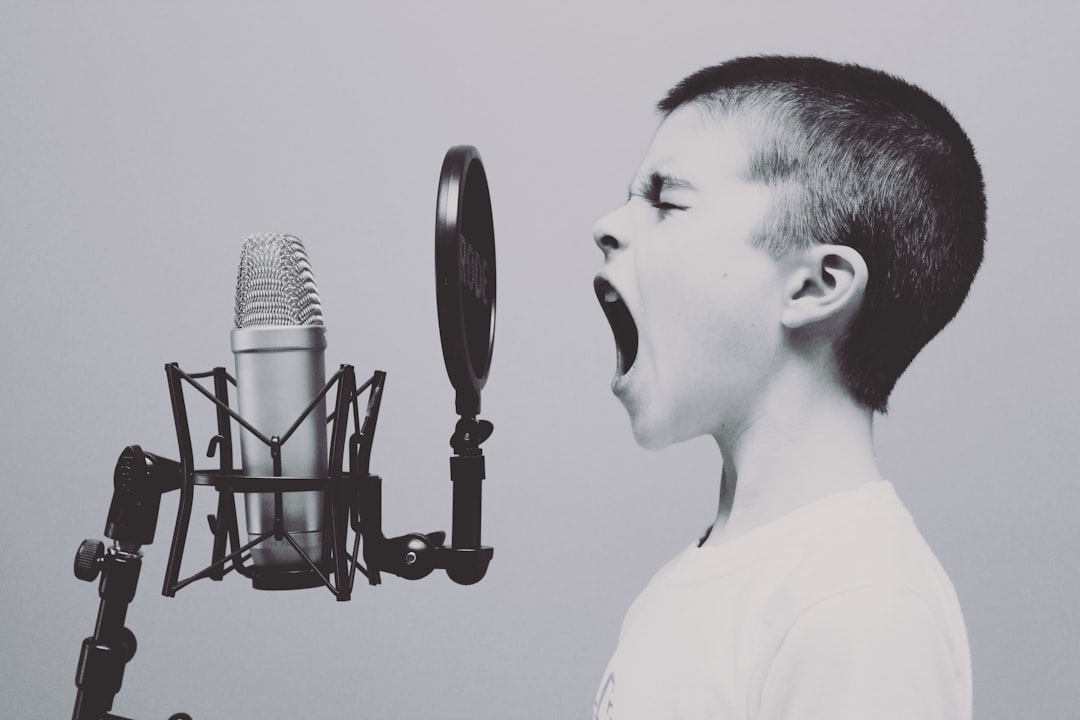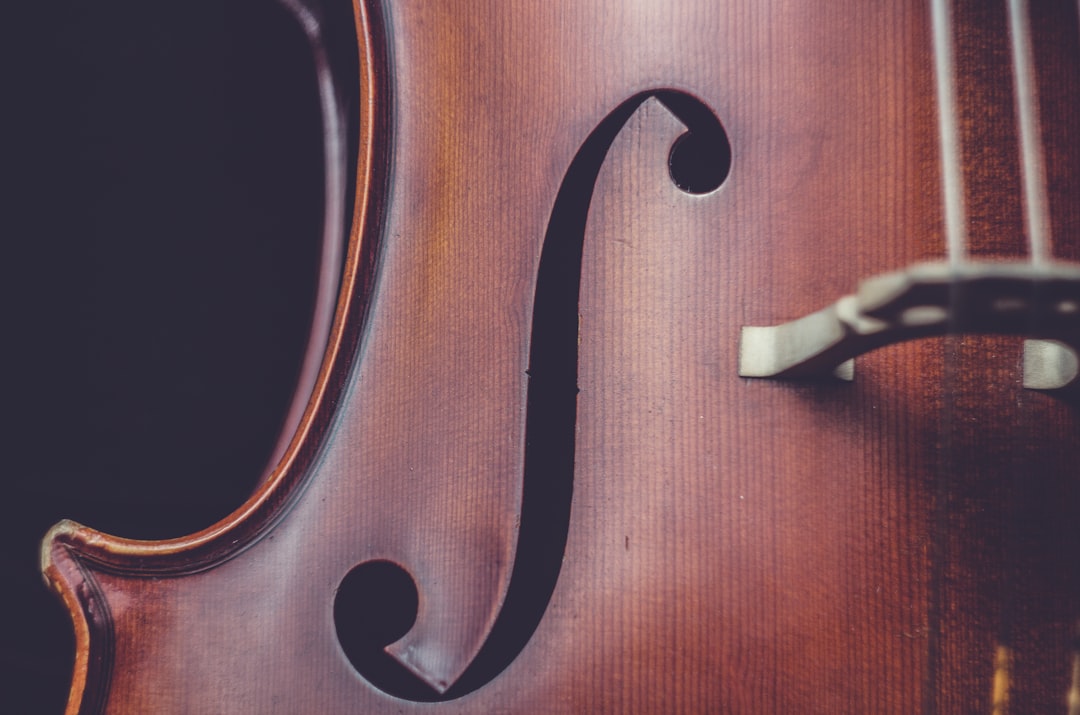"What Freud mistook for her lack of civilization is woman's lack of loyalty to civilization"
- Lillian Smith
Moving forward: On self-silencing and un-silencing.

A savvy cultural commentator might say that David Bowie died an extremely artistic, expressive death when he timed his final album release to coincide with it.
Alongside all of the grief, you could indulge yourself in thinking - maybe just a little - that Blackstar wasn't just an ambitious album but also an extremely powerful and innovative PR move by a well-resourced and celebrated man known for making powerful and innovative PR moves. All these years later I still think to myself, “wow, no one will ever top that one”.
A fitting end to the Hero’s journey of a great musical hero.
It’s a thin theory, and only possible to contemplate if you sidestep all of the struggle that such a “move” might have required. And only if you disregard the real grief of a real human’s death mourned by many millions of real people.
You’d have to have a sick sense of humor like me.
But even someone with my sick sense of humor has to simply shut up when contemplating Sinead O’Connor’s recent passing. There are no theories for it. I can’t say anything, I can only listen. So that’s what I’ve been doing.
If a musician’s death could ever make me feel the opposite way that Bowie’s did, we just had one. But don’t listen to me, listen to her:
Album: Sinead O’Connor, “Throw Down Your Arms” LP (2005). Sinead + Sly & Robbie do the reggae hymn book.
Audiobook: “Rememberings” (2021) by Sinead O’ Connor. Listened on the drive through Arizona and New Mexico. Haunting and heartbreaking.

On making true sounds:
I finally made it to the east coast and I'm finally starting to get a pretty clear idea of the mission here moving forward. Let me share it with you:
In the first 80 episodes of the podcast I was asking each guest the following two questions:
1. Why do you play music?
and 2. What separates the professional from the amateur?
I had my reasons. Those two questions were relevant to me at the time, mainly because I was deeply questioining my own original reasons for starting down the professional path of a musician. I was going through some grief around having hit some dead ends in my own twisted creative path as well as certain collaborations that hadn't worked out. I had totally lost confidence in my own musical voice and ability, so I was turning to the folks I knew who seemed to have it together. Asking them how they did it.
We got some great answers to those questions. I am super proud of those interviews, and I stand by my reasons for conducting them in the way that I did. Many of you out there found them helpful, and they are still back there in the feed for you to listen to any time that you want.
But they also catalyzed some healing in myself and an eventual evolution which made that particular line of questioning less relevant. I decided to pause the podcast, partly because we outgrew the format.
What do I mean?
Well for starters: the question of professionalism has totally expanded into our wider environment and into a larger set of questions about general survival, purpose and prosperity in an age when the actual bottom has dropped out of the music industry we used to know.
Consequently the very ideal of professionalism is taking some hits.
Music is totally still a profession, but the core approach of professionals who make our living in music has exploded into a million methods. The means of making a living as a musician keeps shifting. Gatekeepers have multiplied, while their standards for admission are less and less musical in nature.
Musicians are adapting, and for many of us that means getting a day job or starting other businesses. It was true before. We've always been hustlers, but now it is simply no longer enough to ask about what separates professionals and amateurs. Pros and amateurs alike, we are all on this mission together. Your voice counts and you have to make it count. You are allowed to make it count in whatever way is true for you.
We all have to fight for the dignity of the shared musical experience, and it's all hands on deck.
The other question, "Why do you make music?" has also outlived its relevance.
I wonder now whether the question was ever relevant, but at least it had some use as an icebreaker. Still, it's worded like a challenge. One that I believe went in the wrong direction. Because given the nature of music and what it can do for humanity, one should never feel required to explain their personal justification for making music. Not to ourselves, or anybody.
We will do much better to ask "What stops you from making music" and apply ourselves to removing those obstacles.
So I'll state for the record here on Wednesday August 9th, 2023 that music is not content, it's connection.
And I’ll elaborate: not only do I believe in eliminating our barriers to the making of music, I'll take aim at the concept of professionalism when it becomes a form of gatekeeping.
We are all amateurs, and we are all also eligible for professional roles in music should we choose to pursue them.
But to point a finger and say so-and-so is or isn't “a professional musician” or such-and-such means of musicmaking is or isn't a professional way of doing it is potentially destructive to the musical culture as a whole, and I'm going to ignore the distinction in my dialogue moving forward.
Make the truest sound you can.
And as far as "Why do you make music" is concerned, ask yourself what is stopping you.
Music has the capacity to organize and motivate populations well beyond the divisions of politics, which is why you don't hear me presenting any political opinions on this podcast.
But I’ll say this: what's stopping you from making music is also something wrong with America. Like, what if you sang every day? What if you were to take your God-given right to make music and use it? And what if you paid it forward, finding ways to integrate it into the larger sounds of your community? Some political healing would probably take place.
So my political stance is Play it like it's fucking music. Make the truest sound you can, and then try to listen to it through other people's ears as much as you can.
We'll get into that more, but mostly on a personal level because that's where the real work takes place. There's more power in music making than you realize, and these questions are much bigger than the music industry.
More recs for this week:
Watching: Chuck Berry, “Live in London 1972” on the BBC. Sinead says: “Best gig ever.”
Reading: “Chuck Berry: An American Life" (2022) by R.J Smith. The Shakespeare of rock n roll. Alan Toussaint said: “The man is a mountain.”
On Substack: Venkatesh Rao with part 2 in a series about narrative technologies. Bonus reference to Ursula Le Guin’s carrier bag theory of fiction.
.
As always, big love to your ears. Thanks for tuning in here, we’ll talk more next week.
Trevor
.
.
.
Do you like my stuff? Please help the audience grow by sharing this post with one friend:
FALL 2023 TOUR DATES booking currently: @trevorexter.com
Hear my music: the “Trevor Exter Playlist” (Spotify)
Hear 80 penetrating interviews with great musicians in the Play It Like It’s Music podcast archive.


